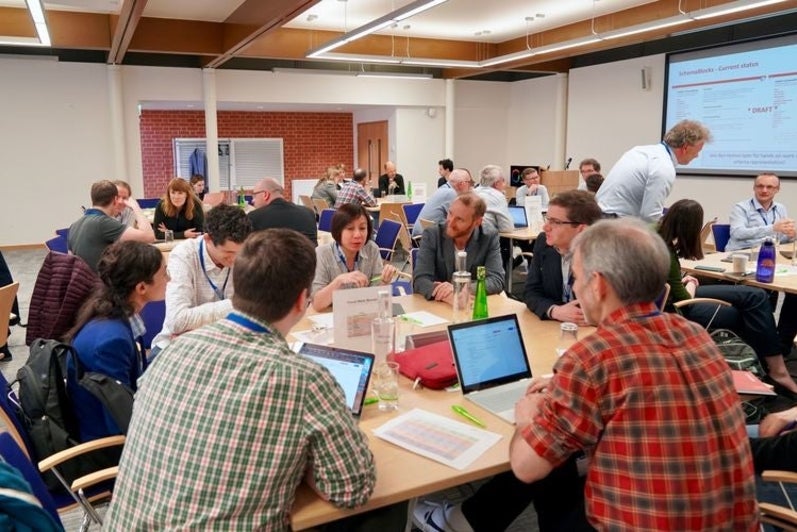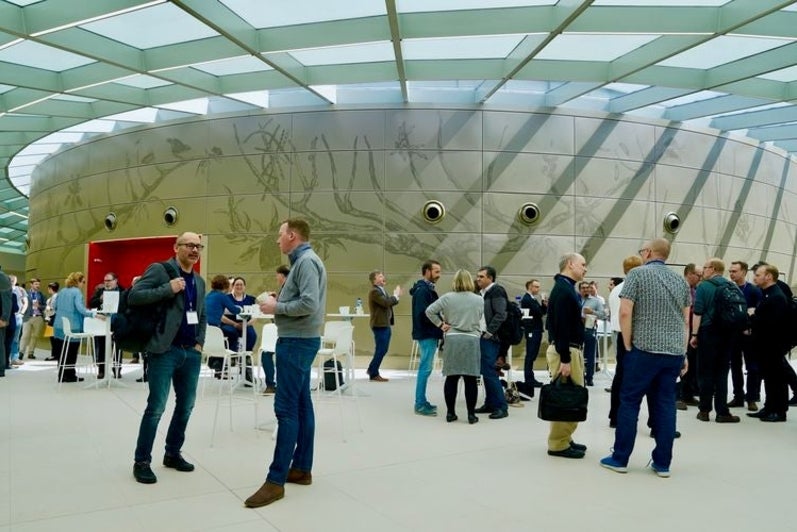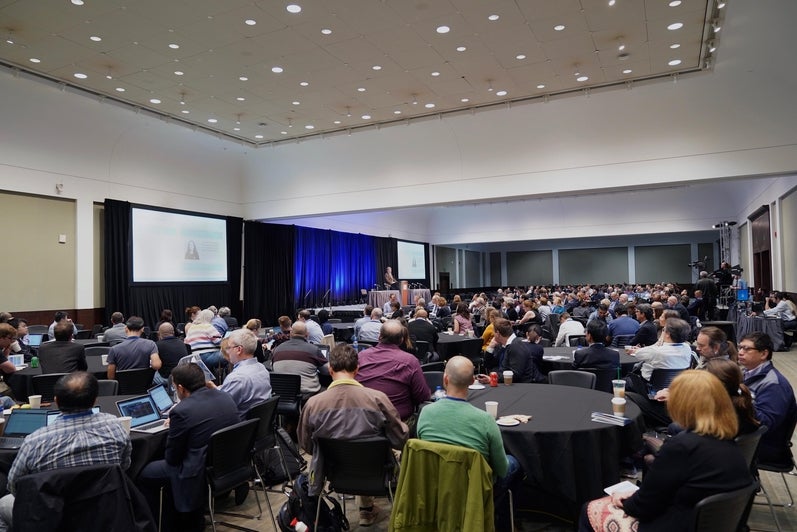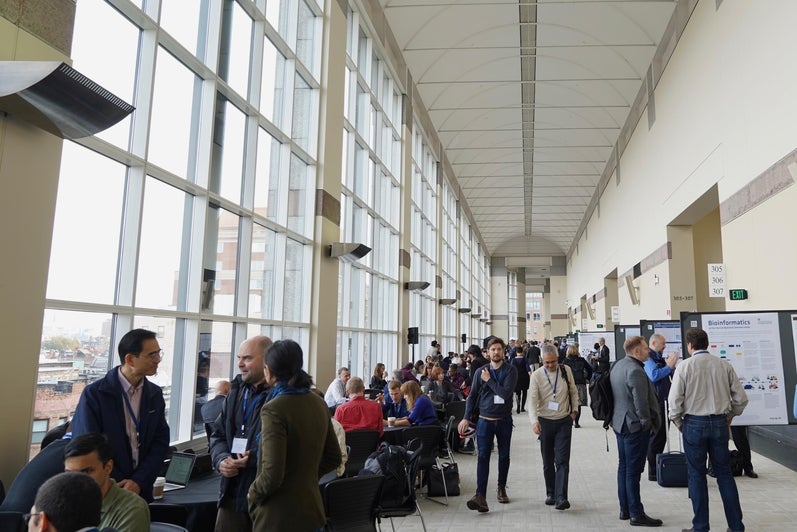Emerging health care trends as the industry faces continued disruption
The rapid growth in healthcare and its social assistance ecosystem will propel the need for new talent in the sector. A need that can be supported with early talent like co-op students.
By: Krista Henry
Since the start of the global pandemic, the health care sector has grown exponentially. This growth is not just in traditional roles of doctors, nurses and other clinical positions but many additional positions in the support systems related to health care. These roles help support the sector during challenging times. In fact, health care is projected to add the most jobs of all industry sectors, about 3.3 million jobs over
2020–30.
Health care administrator, health educator, medical social worker, mental health counselor, health information specialists, healthcare writer, patient advocate and legal consultant are just some of the non-clinical roles in the industry. Healthcare is shifting from a focus on the physical aspects only to the importance of general wellness of mind, body and spirit.
An industry leading the charge when it comes to mental and physical health is the not-for-profit sector. The sector employs 2.5 million people that contribute to building stronger communities.
Students drive projects for mental health
Founded near the start of the pandemic, Year Zero Studios is a social impact lab that invests in social enterprise projects such as Mental Health Score and Wellify. Both are software driven applications that promote wellness. The company was founded with the support of Waterloo co-op students and today employs more than 20 students working on five different projects.
I’ve really fallen in love as an employer with the value of having students, especially in businesses like ours that are less defined, structured, entrepreneurial and open ended. Sometimes, in industry, when you have too much experience that becomes a liability. Because then you start to see things through a lens that's very filtered. I love having students, that every four months, gets refreshed and bring in fresh perspectives.
At Year Zero, students work in teams of three to four people on projects that impact mental health, education, wellness and income inequality. The student teams take an idea and turn it into reality. “We create space for students to bring ideas to the table. Especially in the early stages of a project, students are efficient, good at research and prototyping possible solutions,” Gupta says.

Kunal Gupta (BSe’08)
CEO at Year Zero Studios

Kunal Gupta and Year Zero team members during a virtual team meeting.
Data is crucial in health moving forward
Students can be transformational in assisting new initiatives, especially in areas that are heavily technology focused. The use of new digital tools and services in health are changing the way data and research is shared.
At the Ontario Institute for Cancer Research, co-op students have provided crucial support in assisting
the Global Alliance for Genomics and Health (GA4GH). The GA4GH is a nonprofit alliance that aims to accelerate the potential of genomics research to advance medicine and human health. It focuses on creating standards for representing and sharing genomic data that enables researchers to use computational and statistical methods to decode the functional information hidden in biological
sequences such as DNA and RNA.
Hiring Waterloo co-op students has been transformative to our organization, Our core technical team was established only a couple years ago. We’ve relied on co-op students to explore new project ideas and foster new relationships with other teams.
Students have helped get genomics data standards into software applications, which have allowed the team to apply for and receive much-needed research grants.
Waterloo co-op students have worked with the Ontario Institute for Cancer Research in roles such as bioinformatics programmer, software developer, genomic medicine research associate and web content editor. “We’re very interested in engaging with students who are early in their careers to get them thinking of genomics, biology and software development,” Adams adds. “The not-for-profit health resource is actively seeking individuals with strong technical skill sets to design new applications and systems. When you work in this field, you are contributing to the eventual curing of diseases that require large amounts of data to analyze.”
Finding purpose at work
Working in the non-profit and health sectors gives students an opportunity to showcase their values in the workforce. Values matter to the next generation of talent, which is today’s co-op students.
“We’re a purpose-driven organization and we do our best to align this generation with causes they care about. That brings passion and energy that is truly authentic,” he says. For Adams, working with purpose is a great experience for students who get to be part of an overall mission.







